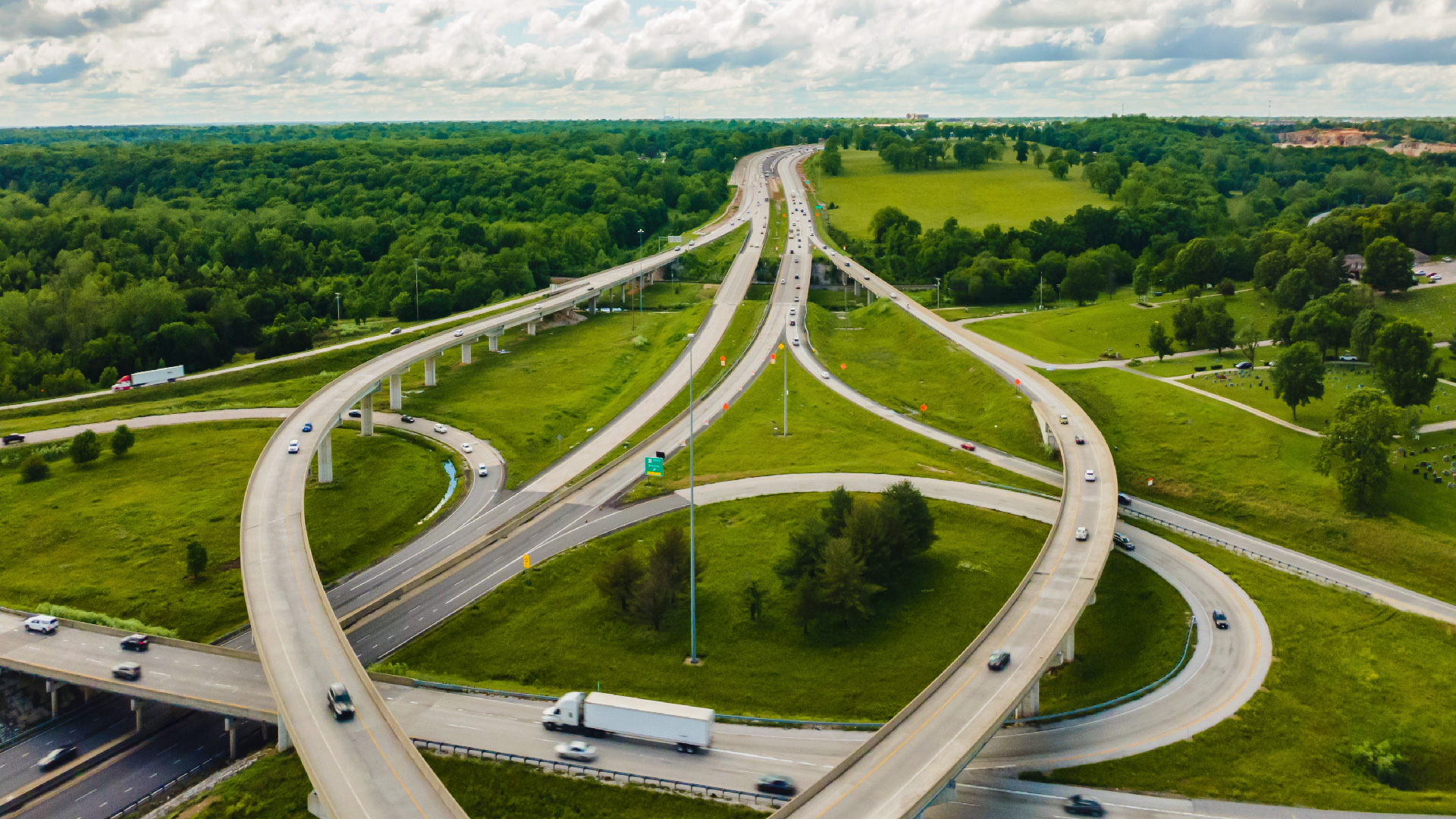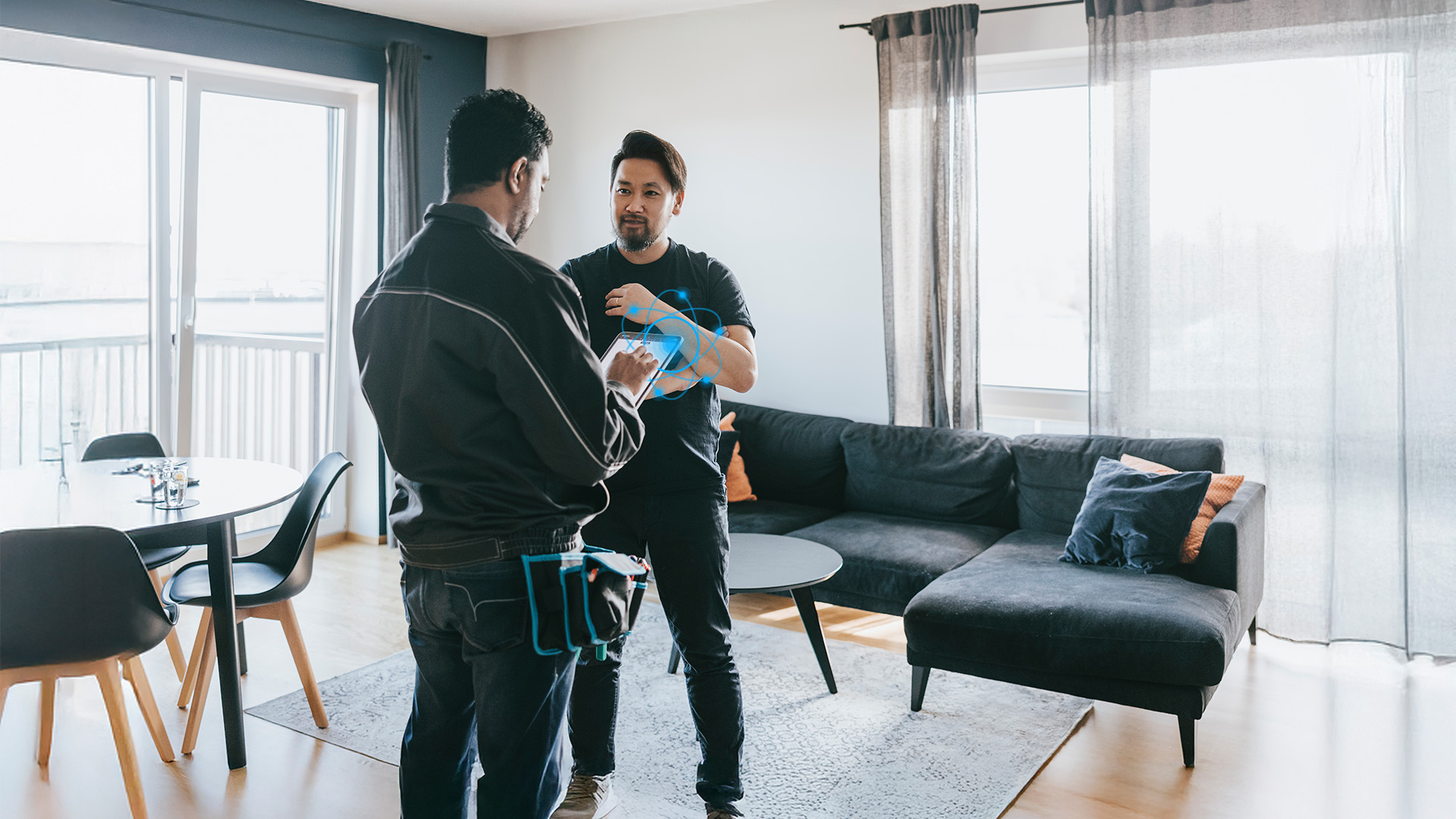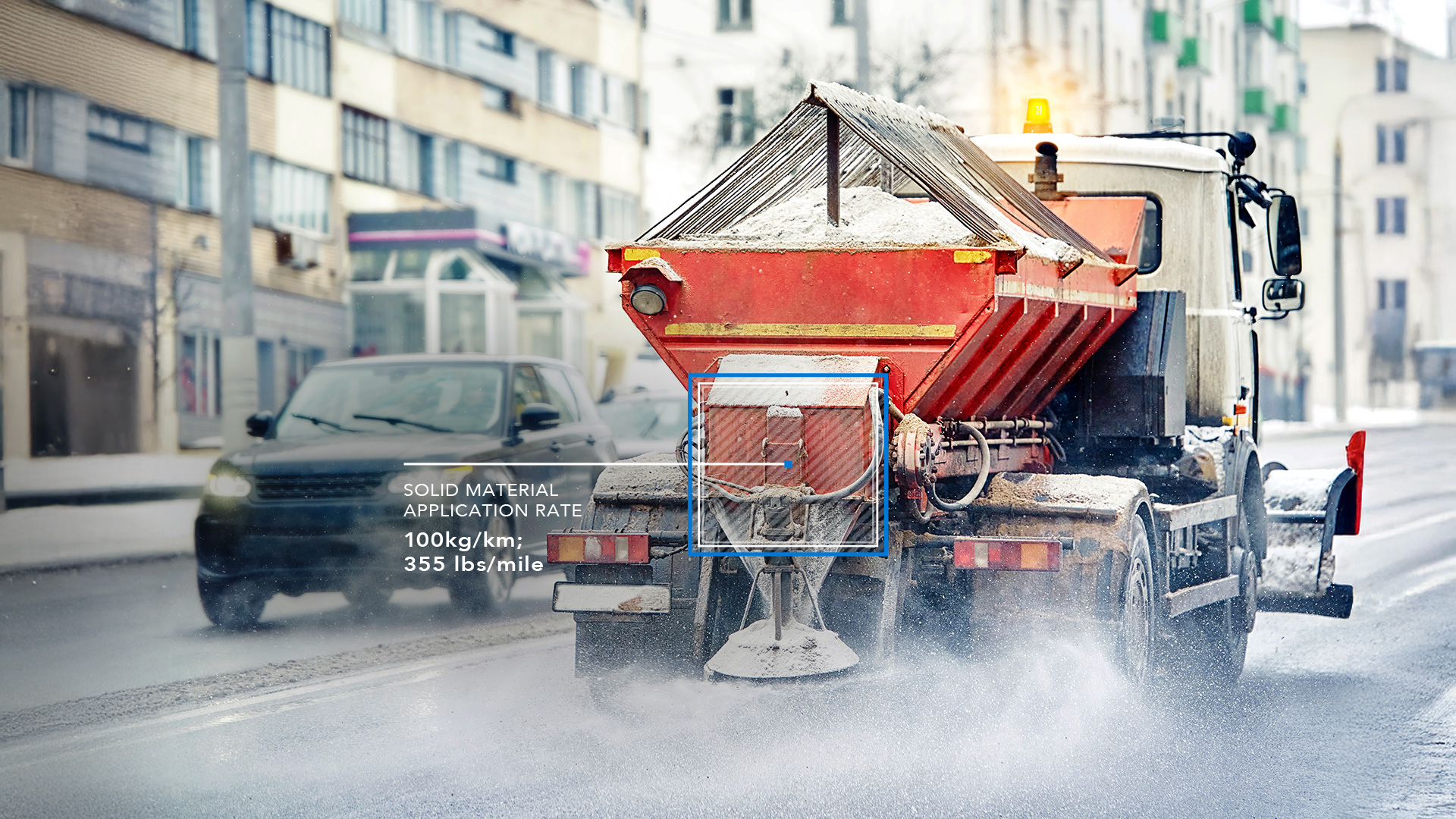Why competing AND cooperating is the future
Broad acceptance of telematics solutions by consumers and commercial fleets alike have put the industry on a steep growth trajectory. As an industry leader, Geotab is committed to growth through innovation and competition.


Broad acceptance of telematics solutions by consumers and commercial fleets alike have put the industry on a steep growth trajectory. Geotab alone added 160,000 subscriptions in 2014 and the 100,000 unit goal of years past has now been replaced with a 1,000,000 goal. But with great success comes great responsibility. Of course, competition will remain the key to innovation and increasing customer value, but in order to maximize potential and minimize risk, cooperation, especially among leading players, will become equally as important.
Three examples may serve to illustrate the point:
- Patent litigation involving non-practicing entities (NPEs): Patent lawsuits from non-practicing entities - notably in the United States - have become part of life in the telematics industry. While there has been much talk of patent reform NPEs are alive and well. The most recent verdict against cyber security firm Symantec is only one example. Patent litigation is expensive and the more telematics providers can pool their resources to fend off and make life difficult for patent enforcement outfits the better.
- Product safety: Telematics solutions advance safety and save lives by promoting better driving habits that reduce accidents and generally improve road safety awareness. It is therefore no surprise that telematics solutions are embraced not only by businesses and fleet operators but also by insurance companies, police forces, and emergency response units. Further promoting product safety through safety minded design, production and installation processes is a must to protect and enhance the industry’s reputation and address critics; some of whom may have their own agenda. The more providers learn from each other and develop robust standards the better.
- Cyber security: The rapid adoption of the “internet of things” (IoT) and digitization of nearly every aspect of society has propelled concern of cyber and data security to the forefront. Not a day seems to go by without news about a major hacking incident. Some of these cyber security issues can have complex policy implications as competing interests, such as privacy vs. national security, create vexing dilemmas. Others, such as ultra-sophisticated acts of state sponsored cyber warfare, may cause people to throw up their hands in despair. But neither concerns are by any means reasons to do nothing. Solid and, for the most part, non-controversial security practices go a long way in minimizing the overwhelming majority of threats. And there is no question: Cooperation in the interest of better security will help all players just as a bad headline will harm everyone.
As an industry leader, Geotab is committed to growth through innovation and competition. At the same time, Geotab is engaging proactively in issues related to patent litigation, product safety, and cyber security with the belief that these issue require industry-wide solutions in order to better position the industry and instill confidence in our end customer base as a whole. We welcome you to join in the exchange of ideas and development of best practice.
There is no question: We can make our industry better together.
Subscribe to get industry tips and insights

Dirk Schlimm brings more than 30 years of experience as a business leader, a legal executive, executive coach and educator to his role at Geotab.
Subscribe to get industry tips and insights
Related posts

Creating a fleet safety culture that’s built to last: Lessons from Missouri DOT and NYC
July 7, 2025
8 minute read

Field service is losing money to bad data: Go beyond GPS with smarter telematics
June 27, 2025
3 minute read


Enhancing winter road maintenance with postseason materials usage analyses
June 20, 2025
6 minute read

Building a self-sustaining school bus driver safety program with Geotab Vitality
June 13, 2025
7 minute read

The impact of unproductive idling on police vehicle service life
June 10, 2025
3 minute read